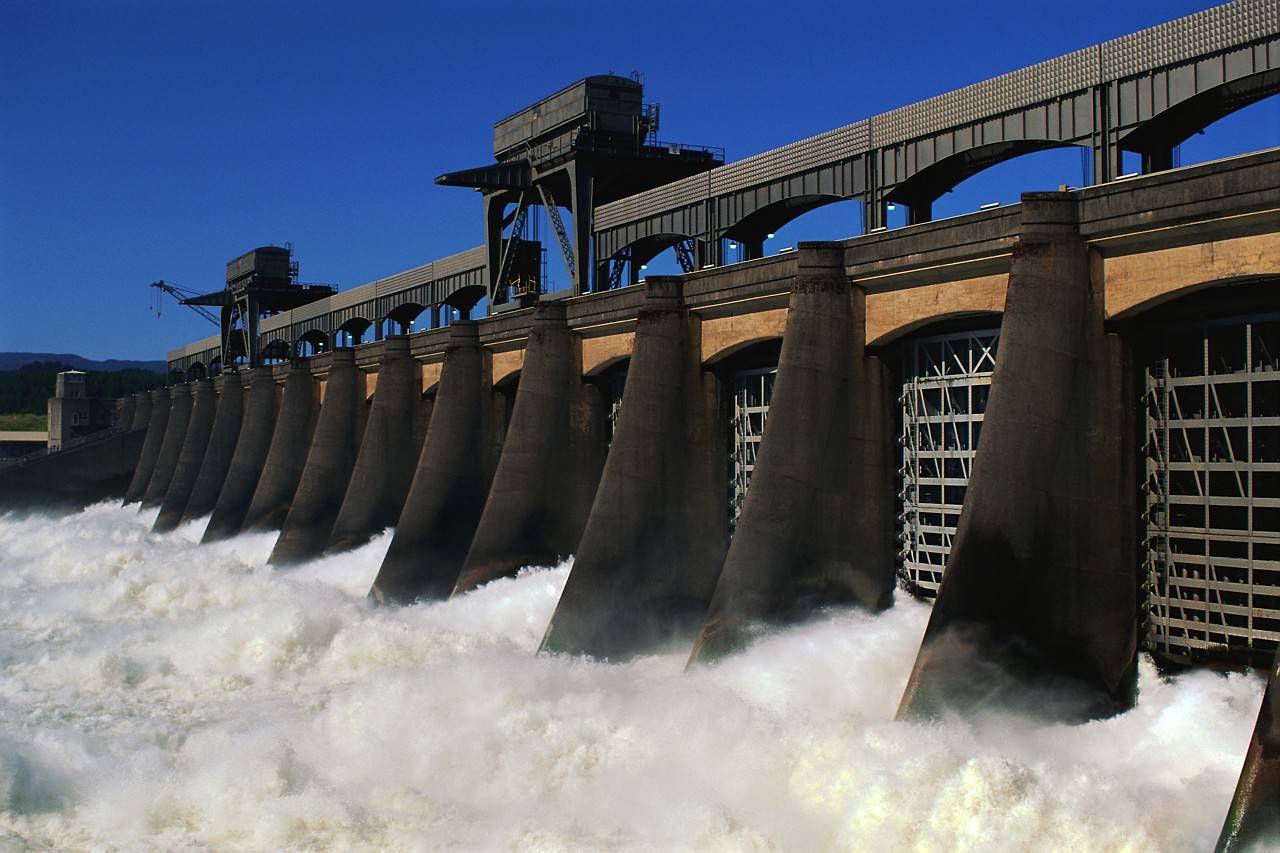African states especially the central governments of states in Central Africa, continue to entangle themselves with aid that comes with strings. One of such countries is the Republic of Gabon, which recently benefited from an African Development Bank (AfDB) loan to revamp its energy sector. The Board of Directors of the AfDB via its private sector unit, approved on 18 July 2012 in Tunis, a humongous amount of EUR 57.5 million to the Coder Hydropower Project in Gabon. This loan is for the design, construction and operation of two run-of-river hydro projects in Ngounie Province and North Gabon. The project is composed of two run-of-river hydroelectric power plants, a 52MW plant in north Gabon and a 70 MW plant in the Ngounie Province.
Gabon is considered to have one of the highest electricity access rates in Central Africa of up to 83 per cent. Despite such high electricity access, Gabon is still plagued by frequent electricity shortages and blackouts resulting from high urbanisation. Gabon's current power shortages deter the country's economic and social growth, making it a high governmental priority to revitalise the electricity supply and lower electricity prices. The central government's objective is to increase generating facilities from 373 megawatts (MW) to 1200 MW by 2020. The current electricity production is split about 50:50 between hydro and diesel oil and Gabon also wants to curb on environmentally unfriendly and costly diesel power generation.
The project, with a two-year completion target, is intended to provide electricity to the national grid as well as provide security of supply to rural areas. The AfDB argues that the completion of this project is crucial for Gabon as it will allow the country to boost its economic growth. According to the AfDB, the addition of 122 MW of renewable energy will increase the current national production capacity by about a third. It is also expected to help catalyse an additional 300 MW of hydro development in the country, out of Gabon's total hydro potential of 5000 MW. The AfDB adds that the planned electricity generation of this plant is expected to save 530,000 tons of carbon dioxide (CO2) emissions per year. Moreover, as the first independent power project in a country with a transnational transmission line, it is hoped that Coder will strongly encourage private sector development in Gabon and will construct vital infrastructure to facilitate future regional inter-connections. According to Ms Neside Tas Anvaripour, head of infrastructure and finance at the AfDB, "The main development outcomes are expected from meeting Gabon's growing power demands with very competitive tariffs of the plants' production. The project will deliver base-load energy at a highly competitive price, thereby helping Gabon diversify away from fossil fuels. Further, the project will lead to the creation of hundreds of jobs during the construction and operation phases. The increased capacity will reduce blackouts and thus improve the efficiency and competitiveness of business activity in Gabon. The additional capacity will also expand electricity access to rural areas".
The AfDB is optimistic that this project is directly in line with Gabon's national power and development strategy, which encourages infrastructure development. The AfDB is not only a major lender of this colossal loan of EUR 57.5 million, but also the arranger on the debt side from Development Finance Institutions.
Concerns remain on the effective utilisation of this colossal loan in revamping the energy sector in Gabon. Experience has proven that a lot of government interference in processes of this calibre, has either led to a poor infrastructural and technological build-up of such projects, or a lack of sustainability of such projects. In addition to the fears over the sustainable realisation of the project, most of the money given to African governments is siphoned by corrupt government officials and starched away in foreign bank accounts. Tax payers then have to pay for loans in addition to humongous interest rates which come with these loans.
Revamping renewable energy in Gabon is a laudable idea and indeed such an initiative would improve on the energy sector in the country, if and only if government interference does not create managerial and administrative bottlenecks in the realisation of the project. Therefore the forces that be, especially those at the Ministry responsible over energy matters, must give this initiative an opportunity to survive and influence the livelihood of Gabonese who suffer grossly from acute power shortages.
Another advantage of this project is that, Gabonese as well as foreigners would be employed. Again the central government needs to ensure that there is a transparent mechanism put in place to ensure that the best qualified workers are employed to ensure the timely realisation of this project. Corrupt officials who embezzle money meant for such projects, need to be arrested. Stolen money destined for such development projects, which has been starched in foreign accounts, especially Swiss accounts, need to be accounted for and repatriated. Having corruption legislation does not suffice. More action is needed, especially putting in place measures of recovering and repatriating ill-gotten money, starched in foreign bank accounts.
Without such measures, loans of such magnitude, would serve no purpose. Instead of helping the people of Gabon, such loans would instead make government officials wealthy and the masses will remain poor and miserable.
Chofor Che is an Associate of Africanliberty and Doctoral Law candidate at the Community Law Centre, University of the Western Cape, South Africa. He blogs at http://choforche.wordpress.com



